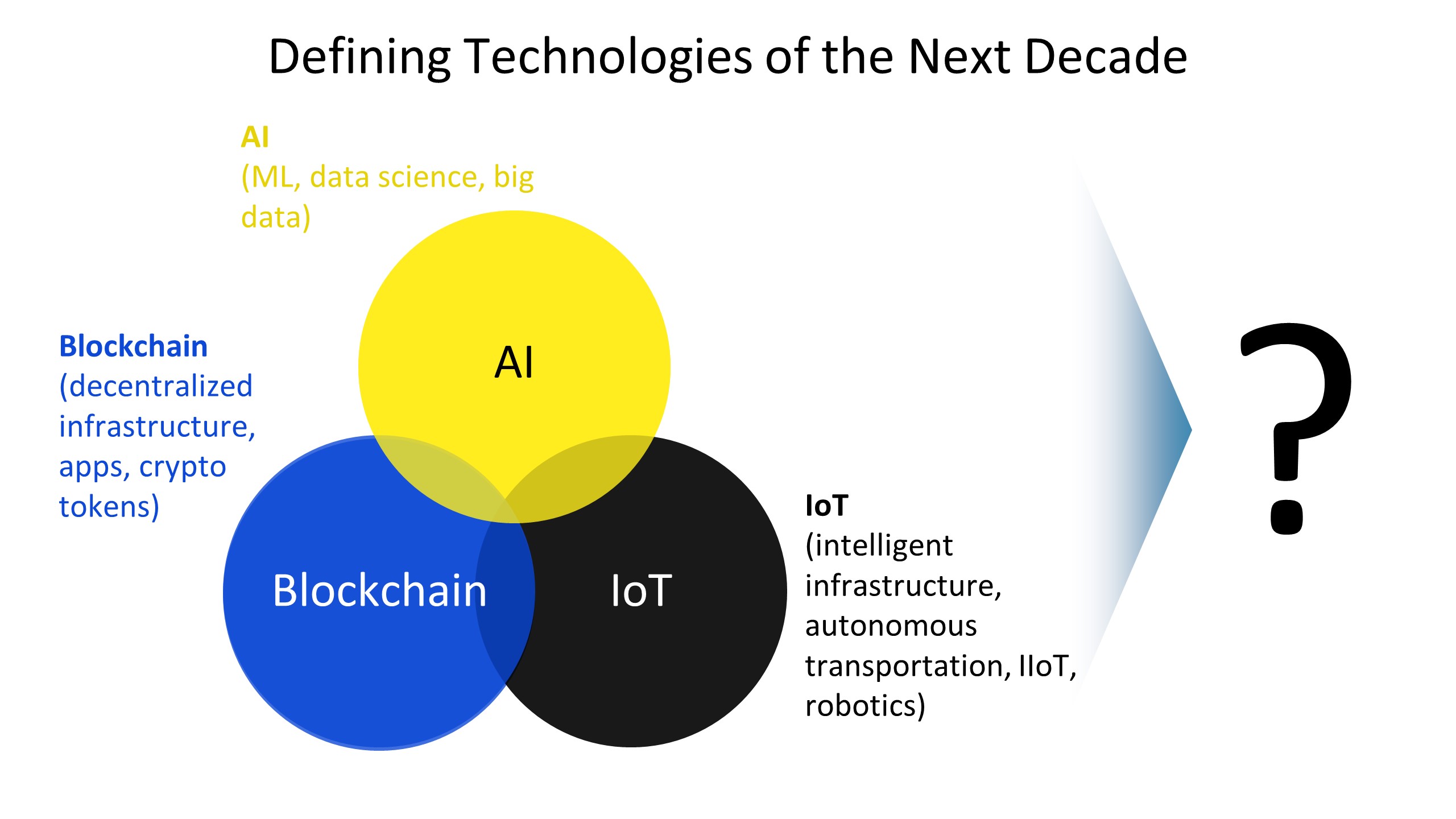FTC Investigates OpenAI's ChatGPT: What It Means For AI

Table of Contents
The FTC's Concerns Regarding ChatGPT and AI Data Privacy
The FTC, responsible for enforcing consumer protection laws, including those related to unfair and deceptive practices, has raised serious concerns about ChatGPT's data handling practices. Their authority extends to ensuring businesses don't engage in practices that harm consumers. In the context of ChatGPT, the FTC is likely scrutinizing several key areas:
-
Potential violations of consumer privacy laws: The FTC is investigating whether OpenAI's data collection and usage practices comply with laws like the Children's Online Privacy Protection Act (COPPA) and the California Consumer Privacy Act (CCPA). These laws mandate transparency and user consent regarding data collection and use, especially concerning children's data. ChatGPT's data collection methods and how it uses that data to train its algorithms are under intense scrutiny.
-
Unfair or deceptive trade practices: The FTC may be investigating whether OpenAI made misleading statements about ChatGPT's capabilities or its data security measures. Any misrepresentations to consumers about the AI's accuracy, limitations, or the security of their personal data could constitute an unfair or deceptive trade practice.
-
Concerns regarding data security breaches and their consequences: The potential for data breaches and the subsequent misuse of personal information is a major concern. The FTC will be looking into OpenAI's security protocols to assess whether they are adequate to protect user data from unauthorized access or disclosure. Any failures in data security could have significant legal and reputational consequences.
Specific examples of biases in ChatGPT's outputs and potential data breaches, if any, are likely to be central to the FTC's investigation. The outcome could set a significant precedent for how AI companies handle data and ensure compliance with existing regulations.
Potential Impacts of the Investigation on OpenAI and the AI Industry
The FTC investigation carries significant weight for OpenAI and the broader AI industry. Potential outcomes include substantial fines, legal repercussions, and mandated changes to OpenAI's practices. The investigation might force OpenAI to:
-
Re-evaluate and potentially overhaul its data handling processes: This could involve increased transparency in its data collection methods, more robust security measures, and improved mechanisms for obtaining and documenting user consent.
-
Limit or alter ChatGPT's functionalities: Depending on the findings, OpenAI might be forced to restrict certain aspects of ChatGPT’s capabilities, particularly those that raise significant privacy concerns.
The broader implications for the AI industry are far-reaching:
-
Increased scrutiny of AI data handling: The FTC's action sets a precedent for increased governmental oversight of AI companies' data practices. Other AI developers will be incentivized to review and strengthen their own data protection measures to avoid similar investigations.
-
The need for greater transparency in AI algorithms: The investigation underscores the demand for more transparency regarding how AI models are trained and the data used in the process. This is crucial for building trust and accountability.
-
Potential changes to AI development practices: The investigation could lead to significant changes in how AI models are designed and developed, with a greater emphasis on privacy and ethical considerations. This could include increased investment in privacy-preserving techniques and data anonymization methods.
This increased scrutiny could accelerate the global movement towards tighter AI regulation.
The Future of AI Regulation in Light of the ChatGPT Investigation
The FTC's investigation highlights the urgent need for robust AI regulations. Ethical considerations are paramount as AI systems become increasingly integrated into various aspects of life. Several approaches to AI regulation are being debated:
-
Self-regulation: This relies on AI companies to establish their own ethical guidelines and best practices. While cost-effective, self-regulation often lacks the teeth and enforcement mechanisms of government oversight.
-
Government regulation: This approach involves enacting specific laws and regulations to govern the development and deployment of AI. This provides a clearer framework but can stifle innovation if overly restrictive.
-
Industry standards: Developing industry-wide standards and certifications can provide a middle ground, promoting best practices while allowing for flexibility.
Stricter AI regulation, while potentially slowing innovation in the short term, offers several benefits:
-
Reduced risks of bias and discrimination: Proper regulation can help mitigate algorithmic bias, ensuring fairness and preventing discriminatory outcomes.
-
Increased accountability and transparency: Clear regulations make AI developers more accountable for their actions, promoting transparency and trust.
-
Enhanced data protection: Regulations can strengthen data protection measures, reducing the risk of data breaches and misuse of personal information.
Responsible AI development, focusing on bias mitigation, explainability and transparency, and accountability and redress mechanisms, is vital to mitigating the risks associated with AI technology. This includes ongoing monitoring and evaluation of AI systems to identify and address potential issues.
Conclusion: Navigating the Complex Landscape of AI and the FTC's ChatGPT Investigation
The FTC's investigation into OpenAI's ChatGPT is a landmark event, signifying a pivotal moment in the regulation of AI. The potential consequences for OpenAI and the wider AI community are significant, demanding a shift towards more responsible AI development and data protection. The investigation underscores the urgent need for comprehensive AI regulation that balances innovation with ethical considerations and consumer protection. Stay updated on the FTC's investigation of OpenAI's ChatGPT and the future of AI regulation by following reputable news sources and participating in the conversation around responsible AI development. [Link to relevant resource, e.g., FTC website]

Featured Posts
-
 The Post Roe Landscape Examining The Role Of Otc Birth Control
Apr 24, 2025
The Post Roe Landscape Examining The Role Of Otc Birth Control
Apr 24, 2025 -
 Blockchain Analytics Leader Chainalysis Integrates Ai Startup Alterya
Apr 24, 2025
Blockchain Analytics Leader Chainalysis Integrates Ai Startup Alterya
Apr 24, 2025 -
 Rising Gas Prices In California Governor Newsoms Response And Call For Collaboration
Apr 24, 2025
Rising Gas Prices In California Governor Newsoms Response And Call For Collaboration
Apr 24, 2025 -
 Canadian Dollar Weakness Diving Despite Us Dollar Gains
Apr 24, 2025
Canadian Dollar Weakness Diving Despite Us Dollar Gains
Apr 24, 2025 -
 India Market Buzz Niftys Bullish Run Fueled By Positive Trends
Apr 24, 2025
India Market Buzz Niftys Bullish Run Fueled By Positive Trends
Apr 24, 2025
